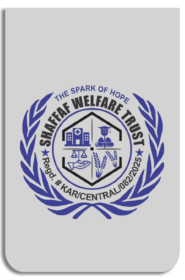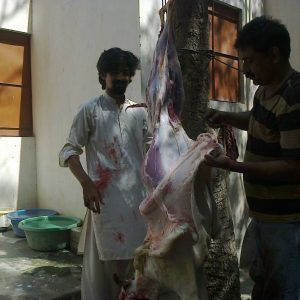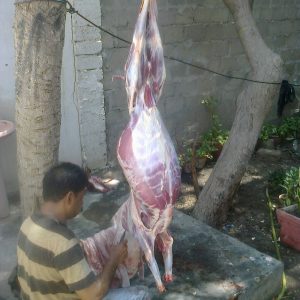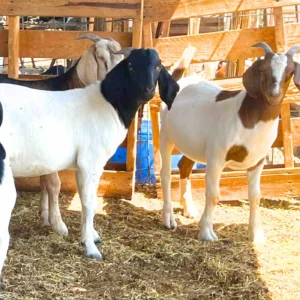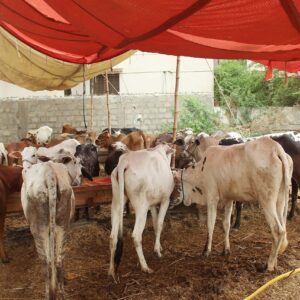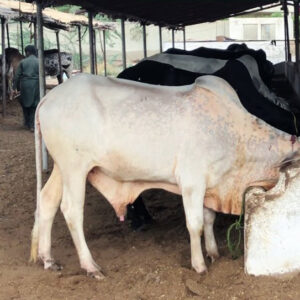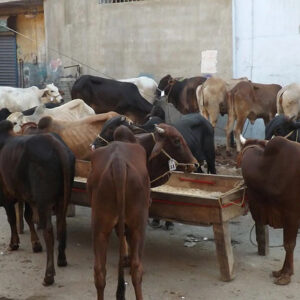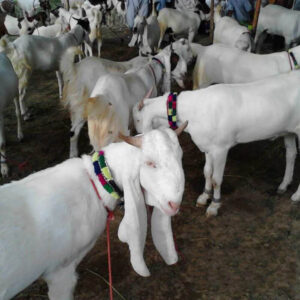Shaffaf Qurbani
"Shaffaf Qurbani: Bringing Joy and Sharing Blessings"
Shaffaf Qurbani is a charitable initiative focused on providing the blessings of Qurbani (sacrificial offering) to families in need, particularly during the Islamic festival of Eid-ul-Adha. This program aims to share the joy of Eid and the spirit of sacrifice by ensuring that vulnerable communities, including the poor, marginalized, and underserved, have access to fresh meat, which they might otherwise be unable to afford.
Through Shaffaf Qurbani, donations are collected to fund the purchase and slaughter of animals for Qurbani. The meat is then distributed among families in need, bringing a sense of celebration and inclusion to those who are often left out of such festive traditions due to financial constraints.

This initiative is a holistic approach to combating hunger and poverty, deeply rooted in the Islamic ethos of charity, social justice, and communal welfare. Beyond the provision of essential nutrition, it serves as a catalyst for positive social change, particularly by fostering an environment where compassion, kindness, and mutual aid are central to everyday life. The act of giving, whether through monetary donations, food distribution, or volunteer work, not only addresses the immediate needs of those suffering from food insecurity but also empowers the community to actively contribute to alleviating systemic inequality.
In Islam, the concept of Sadaqah (voluntary charity) is highly encouraged, with the belief that giving to those in need purifies the giver’s wealth and soul. This initiative draws on that principle, encouraging community members to view charity not just as an act of obligation, but as a means of personal growth, spiritual enrichment, and communal unity. By engaging in acts of generosity, individuals cultivate a sense of gratitude, humility, and shared humanity, which can help break the cycles of poverty and foster a sense of solidarity among people from different walks of life.
Moreover, this initiative acknowledges the importance of Tawheed (the oneness of God), which implies the interconnectedness of all human beings. This understanding reinforces that when one person suffers, the entire community is affected, and it is the collective responsibility of all to support those in need. By putting this belief into practice, the initiative acts as a bridge that connects the well-off with the less fortunate, fostering a society where everyone can access the resources and opportunities needed to live a dignified life.
The long-term impact of this initiative extends beyond just meeting immediate needs; it contributes to building a more cohesive, resilient, and compassionate society. It promotes empowerment through education about the values of empathy and selflessness, while also teaching practical skills related to resource management, nutrition, and sustainable living. In doing so, it enables individuals and families not only to survive but also to thrive, with greater access to opportunities for personal and community development.
